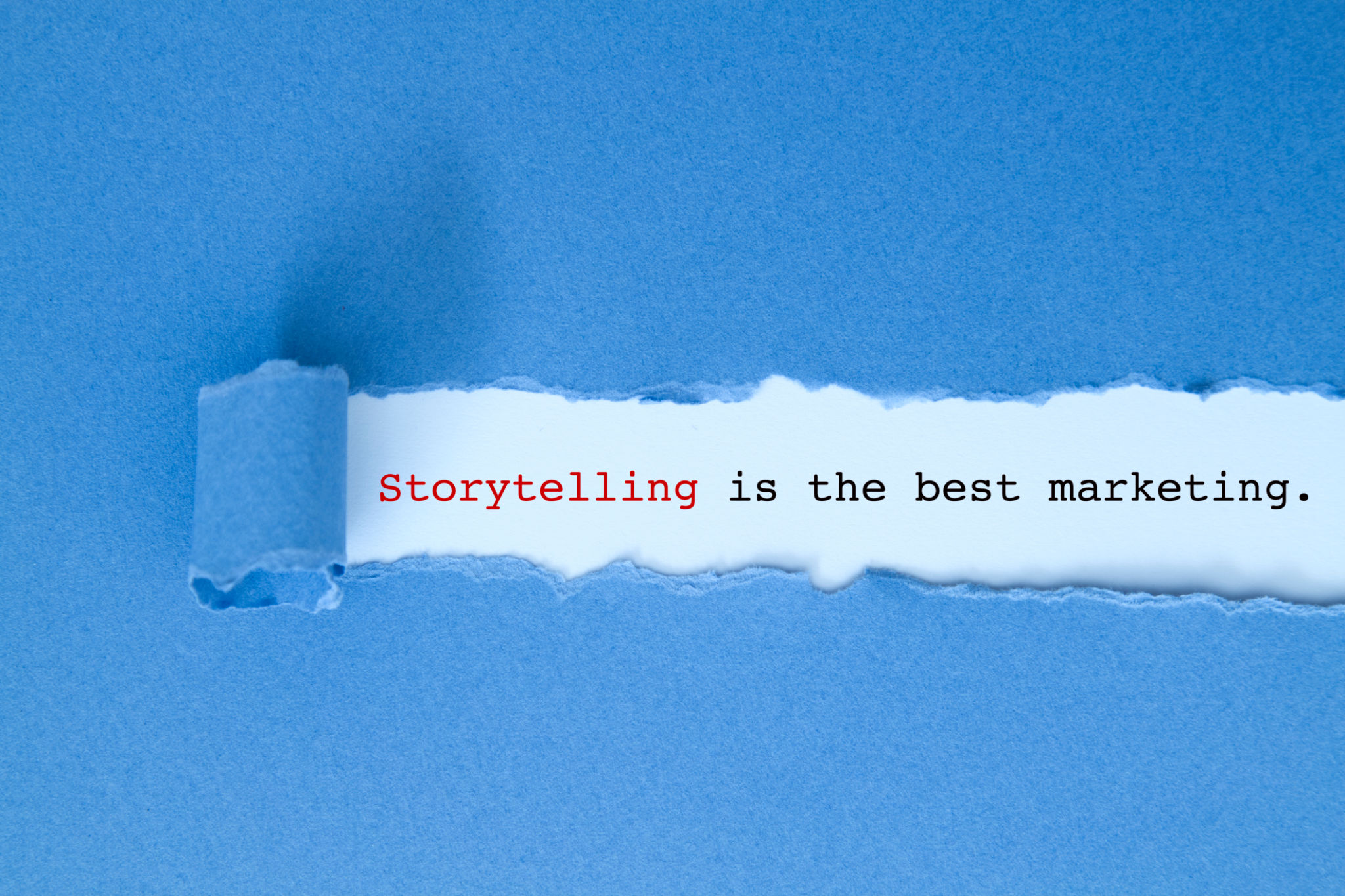Storytelling 101: Master Class
Storytelling is at the heart of human communication. Whether you're writing a novel, a business presentation, or a marketing campaign, the ability to craft a compelling story is a powerful skill. But what makes a story truly engaging? How can you hook your audience from the very first line and keep them invested until the end?
In this Storytelling 101 master blog, we’ll break down the essential elements of great storytelling, share practical techniques, and provide you with 10 in-depth topics to explore further.
Why Storytelling Matters
Great storytelling does more than just entertain—it informs, inspires, and connects. From ancient myths to modern movies, stories shape our understanding of the world. Whether you're a writer, entrepreneur, or content creator, mastering storytelling can:
✅ Capture Attention: A well-told story draws people in and keeps them engaged.
✅ Create Emotional Impact: Stories make information memorable and relatable.
✅ Build Connection: Audiences resonate with stories that reflect their experiences.
✅ Drive Action: A compelling narrative can persuade, motivate, and inspire.
Now, let’s dive into the building blocks of storytelling.

The Core Elements of Storytelling
Every great story—whether fiction or nonfiction—relies on a few essential elements:
1. A Strong Hook
Your opening line sets the tone and determines whether your audience will keep reading. Whether it’s a surprising fact, a provocative question, or an intriguing scene, your story needs a compelling start.
2. Relatable Characters
Readers connect with stories through characters. Your protagonist should have clear motivations, strengths, and flaws that make them feel real.
3. Conflict and Stakes
No story is engaging without tension. Introduce obstacles that challenge your character and make the audience care about the outcome.
4. A Clear Narrative Arc
Most stories follow a structure—beginning, middle, and end. Whether you use the classic three-act structure or The Hero’s Journey, a well-paced arc keeps your story engaging.
5. Emotional Depth
The best stories evoke emotion. Whether it's joy, sadness, fear, or excitement, tapping into human emotions makes your narrative unforgettable.
6. A Satisfying Resolution
Your ending should provide closure, whether it’s a happy conclusion, a cliffhanger, or a thought-provoking twist.
10 Must-Read Topics on Storytelling
Want to go deeper? Here are 10 key aspects of storytelling, each linked to an in-depth guide:
1. Storytelling 101: Tips for Designing Characters – Develop multidimensional characters that feel real and relatable.
2. Storytelling 101: Mastering Tension - Lessons from Iconic Authors – Learn how to create tension and stakes that drive your story forward.
3. Storytelling 101: Show, Don’t Tell to Bring Your Story to Life – Use descriptive techniques to immerse your audience in the story.
4. Storytelling 101: How to Hook Your Audience in the First Few Lines – Make your opening impossible to ignore.
5. Storytelling 101: Balancing Humor and Depth in Storytelling – Structure your story for maximum impact using proven frameworks.
6. Storytelling 101: Crafting Authentic Dialogue for Your Characters – Write conversations that sound natural and reveal character depth.
7. Storytelling 101: Mastering Foreshadowing – Create immersive settings that transport your readers.
8. Storytelling 101: Giving Your Story a Purpose with Themes – Weave meaningful themes into your narrative.
9. Storytelling 101: Balancing the Pace and Detail in Storytelling – Keep readers on their toes with twists that make sense.
10. Storytelling 101: Mastering the Art of Fiction Endings – Craft powerful conclusions that leave a lasting impact.
(Click on the topics above to explore each one in detail!)
Start Writing Your Story
Storytelling is an art, but it’s also a skill you can refine with practice. The more you experiment with characters, conflict, and structure, the more natural storytelling will become.
Whether you're writing your first short story, launching a brand narrative, or crafting the next bestselling novel, remember: every great storyteller started somewhere. So grab a pen (or your keyboard) and start shaping your story today!
